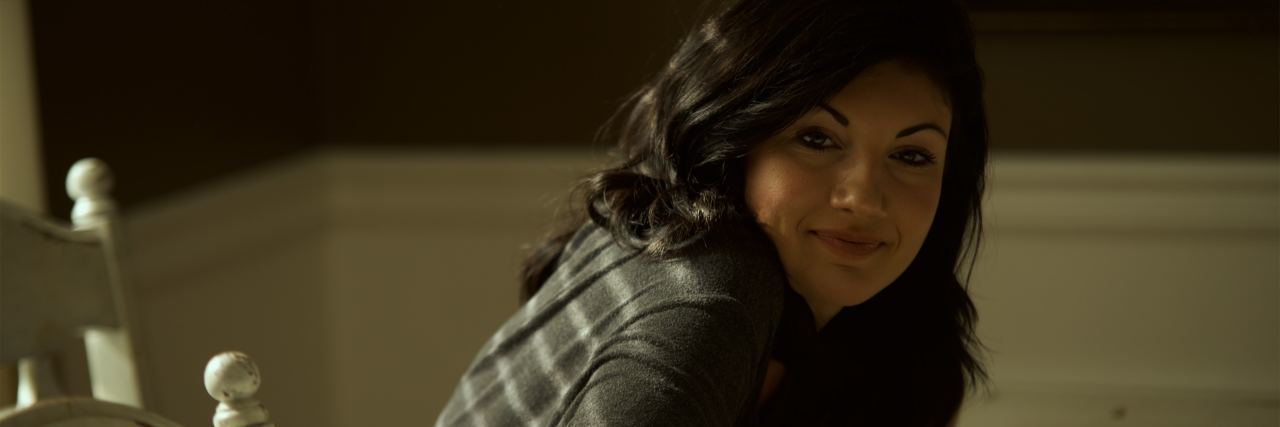Why Psychology Saved My Life After My Mother’s Suicide
Editor's Note
If you experience suicidal thoughts or have lost someone to suicide, the following post could be potentially triggering. You can contact the Crisis Text Line by texting “START” to 741741.
I woke up this morning with a thousand thoughts swirling around; some were song lyrics, some were work-related, some were about the odd dream I’d just had… but the most persistent, the one that would not let me go back to sleep, was the thought about how psychology saved my life. I’m not talking about therapy, though that’s an important aspect, but learning about psychology — how our minds work, how we are who we are and why we do what we do. My psychology education is the most important thing I’ve ever pursued. The need to understand why some of the people I loved had killed themselves, and why addiction was so rampant in my genes, was the driving force that pushed me into the pursuit. Most of all, how would I survive when the people who brought me into this world hadn’t?
My mom died in August 2008. It’s still so weird to type that, even now, 11 years later. My entire life changed with the loss of her. I didn’t understand her disease of addiction or her depression, or why she kept choosing abusive men, or why she would sometimes be better and then completely fall apart again and again, until one day all these would take her life. Her death scared me into living. I became a different person that day. I was about to turn 30 and I could feel time chasing me, so I made the decision to go back to school. Psychology was my focus; I needed to understand the whys and hows of our minds and how we could be driven by things that could kill us.
I started my educational journey in January 2009 and completed it with two degrees in December 2017. Eight years of learning with a two-year break, though I kept informally learning thanks to YouTube and a lot of reading. The beginning of my education was like a non-stop series of “a-ha” moments. I could easily apply most of the information and I was learning so much about not just my family’s issues, but I was gaining an understanding of myself. I’d been in therapy for a few years and thought I knew my whys and hows, but learning in a more in-depth way allowed me to know myself more wholly. My education forced me to rethink all of my behavior and how my choices were made. I learned about psychological resilience and honestly, that changed everything for me. I was catapulted out of victimization and landed in a new world of serendipity with the ability to take the bad things and find the good in them. This new world required a completely new kind of resiliency.
I’d been in survival mode for my whole life; I was constantly afraid the bottom would fall out of wherever I was. I had never allowed myself to see anything good as something permanent. I was constantly driven by extrinsic forces, and that always felt wrong to me. Turns out I was right about the wrongness of that.
Learning all the different aspects of psychology gave me strength and a greater sense of empathy. I am a better person because of my education. I am now intrinsically driven; I no longer look at the outside world and think I’m simply a victim of circumstance. I understand I have a certain amount of control over my life based on the thoughts that drive my behavior, and that’s what really makes the biggest impact — the ability to take control of my life. Psychology gave me the tools to be better, to know and understand what depression is, what bipolar disorder is, what addiction is, how psychological pain can impact your body, how suicidal ideation sometimes feels built into our pain, and how much hopefulness plays a part in our resiliency.
All of that to say that psychology, or at least my education of it, helped save my life on numerous occasions. Prior to my education, I was limited in my understanding of pain. I knew the pain I was in — left untreated and misunderstood — would kill me, just like it had my parents and a handful of others in my life. Psychology helped me understand it’s perfectly OK to not be OK; help is real, and I am the master of serendipity.
Photo by Timothy L Brock on Unsplash

